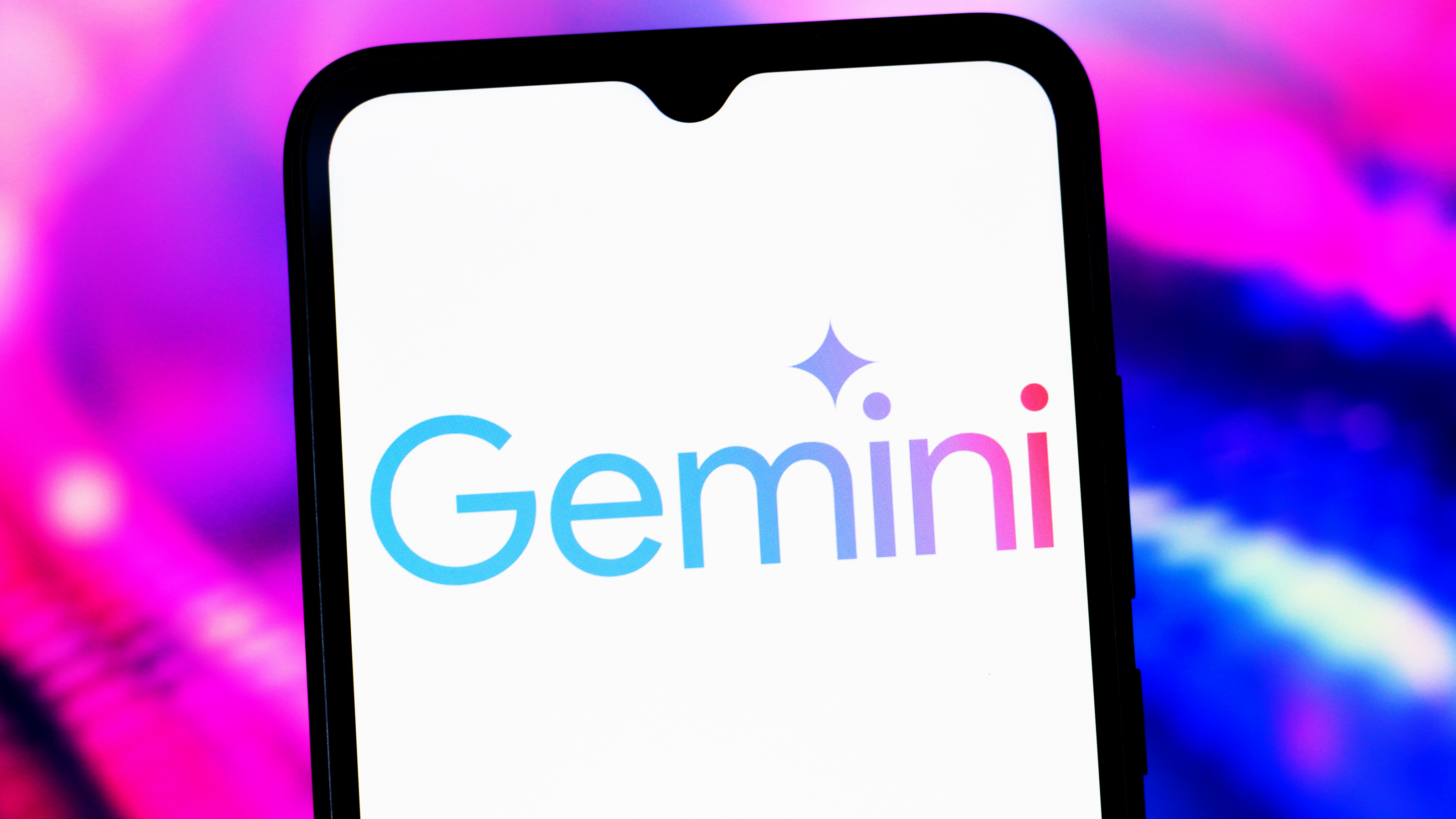Is Gemini AI reading your Gmail inbox? Google's answer is a firm "no" — your private data isn't used for training
Google isn't using Gmail to train Gemini AI on your emails.

All the latest news, reviews, and guides for Windows and Xbox diehards.
You are now subscribed
Your newsletter sign-up was successful
Enjoy our content? Make sure to set Windows Central as a preferred source in Google Search, and find out why you should so that you can stay up-to-date on the latest news, reviews, features, and more.
Google has been making waves in the generative AI world following the successful launch of its Gemini 3 model, earmarking a new era of intelligence. The model ships with sophisticated reasoning, speed, images, and video capabilities. Gemini 3 is even giving OpenAI's ChatGPT a run for its money, with CEO Sam Altman and Tesla CEO Elon Musk applauding Google for the successful launch.
Even Salesforce CEO Marc Benioff claimed that he was going to ditch ChatGPT after using it every day for the last 3 years, after interacting with Gemini 3 for just 2 hours. However, the tech giant was in the spotlight last week for all the wrong reasons. A damning report from Malwarebytes claimed that Google uses Gmail's emails to train its AI models, specifically Gemini.
But Google quickly issued a statement, indicating that the user misunderstood Gmail's Smart Features, which ultimately caused confusion. However, the outlet has since retracted the claim in its original report, admitting that it had misconstrued the whole thing.
According to Malwarebytes: "We’ve updated this article after realising we contributed to a perfect storm of misunderstanding around a recent change in the wording and placement of Gmail’s smart features."
While speaking to The Verge, a Google spokesperson issued the following statement about the issue: “These reports are misleading—we have not changed anyone’s settings, Gmail Smart Features have existed for many years, and we do not use your Gmail content for training our Gemini AI model.”
It appears that Google's wording about the feature's capability contributed to the misinterpretation, causing a large number of people to think that the company is using Gmail's content to train its AI models.
Google uses the Smart Features tool in Gmail to scan emails for spam filtering, categorization, and writing suggestions. What's more, the feature is an opt-in experience by default, meaning that users have full control over it and can decide whether or not they want to let it access their data.
All the latest news, reviews, and guides for Windows and Xbox diehards.
More Black Friday 2025 — quick links
- All our TOP recommended Black Friday deals: Just the best
- Mini PC deals: up to 47% off tiny PCs
- GPU deals: early price drops on NVIDIA RTX before they go up
- Microsoft Surface deals: save up to $500 on premium PCs
- Xbox accessories: best deals on gadgets for your Xbox Series X|S and PC
- Gaming laptop deals: the best laptops for the best price
- Xbox controllers: our top picks for best controller deals
- ANC headphones: great Black Friday deals on the best ANC headphones
Even more Black Friday deals: - Samsung monitors: the best Samsung display deals we've found
- Walmart: 7 top laptop deals you shouldn't miss
- Retro gaming: handhelds, arcade machines, old school consoles, and more
- Gamer merch: Blizzard’s Warcraft, Overwatch, and Diablo IV collectibles
- Game keys: 10 PC game codes are even cheaper at Loaded (formerly CDKeys)
- Accessories: Even more PC accessories starting at $17

Follow Windows Central on Google News to keep our latest news, insights, and features at the top of your feeds!

Kevin Okemwa is a seasoned tech journalist based in Nairobi, Kenya with lots of experience covering the latest trends and developments in the industry at Windows Central. With a passion for innovation and a keen eye for detail, he has written for leading publications such as OnMSFT, MakeUseOf, and Windows Report, providing insightful analysis and breaking news on everything revolving around the Microsoft ecosystem. While AFK and not busy following the ever-emerging trends in tech, you can find him exploring the world or listening to music.
You must confirm your public display name before commenting
Please logout and then login again, you will then be prompted to enter your display name.
